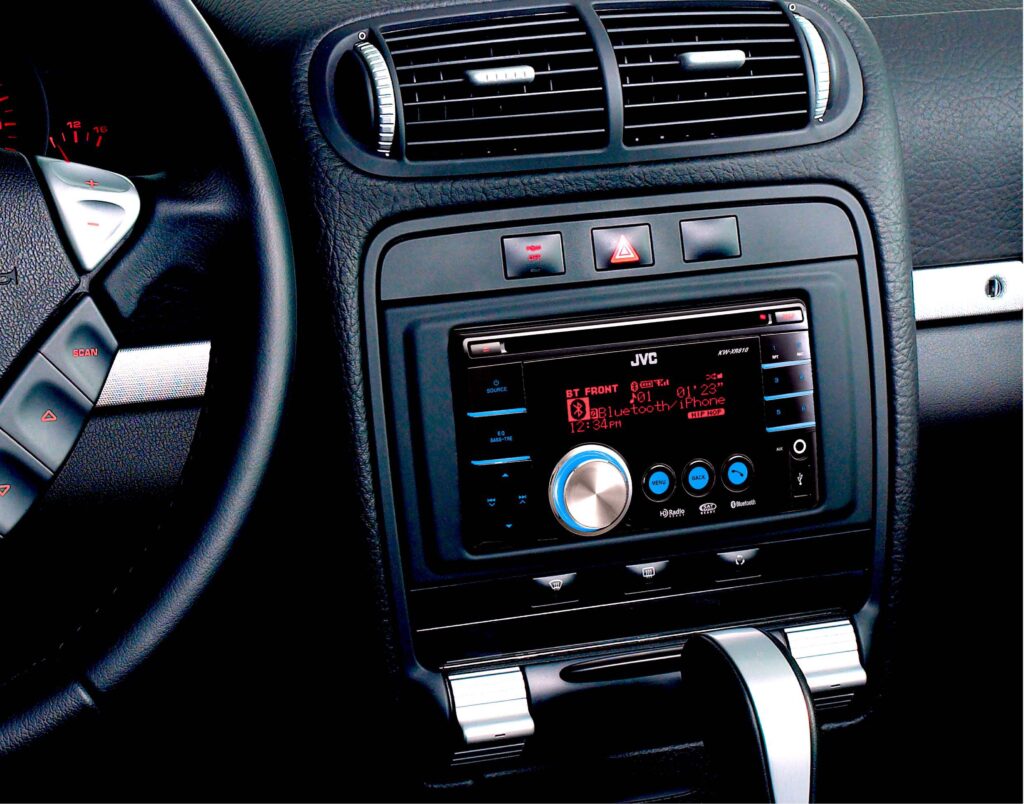Music out and about can be different if you can’t fully focus. If you can’t use your hands for example if driving a car you might need to focused on activities where you can just listen.
Some possibilities are:
1.Test your mixes in the car / train/ etc
Listen to how your mixes sound on different headphones, or in different environments. Can you hear the bass on tiny ear buds? is the vocal clear enough even on a train? Take notes on how your recent mixes / tracks are sounding. If you spend a lot of time listening in the car you’re used to the sound system there so it’s actually a good way for you to mix. Furthermore, being in a different environment allows you to hear different aspects of the music and sometimes certain parts of the mix show more clearly. Just make sure to remember and apply these changes when you get back to the studio.
2.Listen to podcasts to improve your craft
Podcasts can be a great way to improve your knowledge in a passive way that is not reading. I find it necessary to sometimes take notes so this is not fully passive for me but it can be an easy way to absorb knowledge during your commute.
Some podcasts to get you started are:
- –20khz (20 thousand hertz) – more about sound In general than music but very well produced and made.
- -Signal to noise- a very deep dive into audio engineering
- -Song Exploder – a very popular podcast talking to artists about their songs which has been recently made into a Netflix series I believe. Personally I find this one pretty boring because unless you know the artist song it can be irrelevant. additionally, it’s more personal stories from the artist than musical discussions.
- -sticky notes: classical music podcast- really good breakdown of classical music- I highly recommend the summary topics such as “Baroque / classical / romantic music in 60mins”. This gives you a good historic background in classical music and additionally goes further into specific composers.
- -Top score- a podcast on video game music
- -Underscore – a podcast on film music
- -Mr bill podcast – the abelton certified electronic music producer Mr bill’s podcast
- -Hitparade
To listen to podcasts i recommend the “overcast” app (iOS /android), allows easy speed up or slow down and can even add some advanced features for free.
3. Analytical Listening
Although I’ve listed this last it’s probably the most useful out of all three but takes the most concentration and skill. Analytical listening is not just listening and focusing on the elements, you need to analyze the musical elements of each piece considering the melody, harmony, texture, tone color, structure and more. If you do this regularly not only will you understand you favourite music genres and techniques faster, you will be able to apply this to new styles and techniques in future. having learned many ways of dealing with these musical elements you learn how there are many different ways to arrange them.
For more on this see the next post on “Ears are your best tool”


Pingback: Day5: Ears are your best tool - Lostbeat Audio